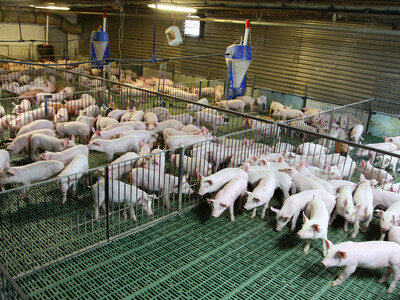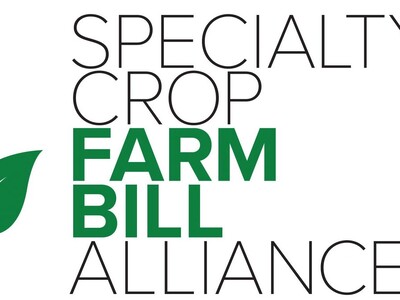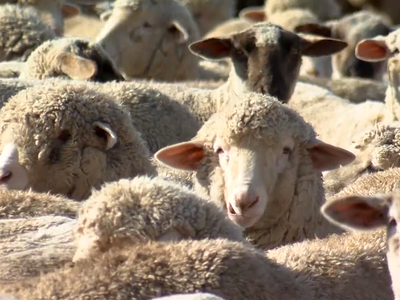Dung Beetles

Tim Hammerich
News Reporter
As farmers and ranchers know, not all bugs are bad. Take for example the lowly dung beetle. Peter Willadsen just completed his master’s and wants to spread the word about how beneficial dung beetles are to soil.
Willadsen… “They're really good at sort of cleaning up dung and recycling those nutrients to be sure that that doesn't just run off in the rain or anything. That those, you know, those nutrients are put back in the soil. They're also really good at sort of turning over and aerating the soil. Another really big benefit they have is that since they're going in and, and using that dung so they can raise their young and eat it. They're really good competitors with pests, like face flies or horn flies. So the beetles are often the first ones that'll get to the dunk pat. And if you have a healthy beetle population, they can often establish and sort of outcompete those pesty flies.”
Willadsen cautions farmers and ranchers that some chemical applications can be harmful to the dung beetle and should be avoided if possible.
Willadsen… “There are some chemicals that are a little more friendly. Moxidectin if you're looking for dewormers is a little, uh, less harsh on the beetles. So that's a good choice. Beetles are also most active in the warmer months. And so if you can time out your treatments in like the winter or when it's a bit cooler, the beetles will be less active.”
Willadsen suggests rotating cattle out if applications are necessary.












